A full-cast adaptation of Charles Dickens' classic novel about a young boy's adventures and mishaps in Victorian London. The 10 episodes are faithful to the plot and language of Dickens' original story.
Please note: the adaptation includes some scenes - from the original story - which depict violence and crime.
Episode 1 audio
Oliver Twist Oliver's birth, early life in the workhouse and harsh treatment from Mr Sowerberry.
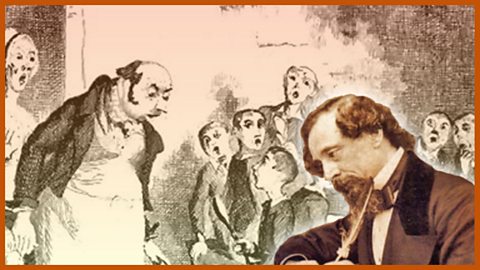
Episode 2. audio
Oliver meets the Artful Dodger and joins Fagin's gang in London.
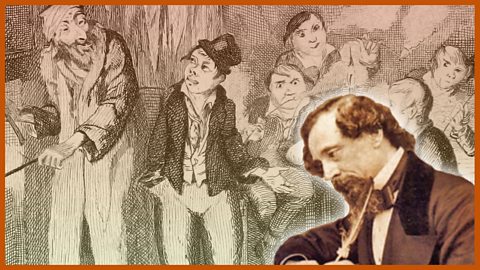
Episode 3. audio
Oliver is cared for by Mr Brownlow but Fagin and his gang are planning to capture him.
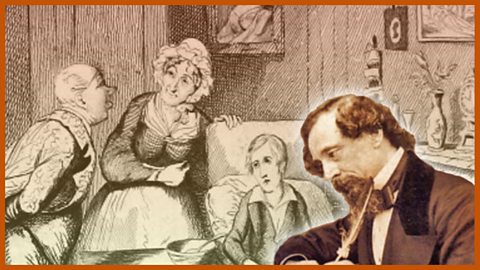
Episode 4. audio
Oliver is compelled by Sikes and Fagin to take part in a robbery and is wounded.
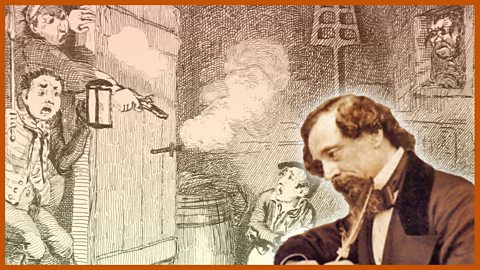
Episode 5. audio
Oliver is taken into the Maylie household...but Fagin and Monks are plotting against him.
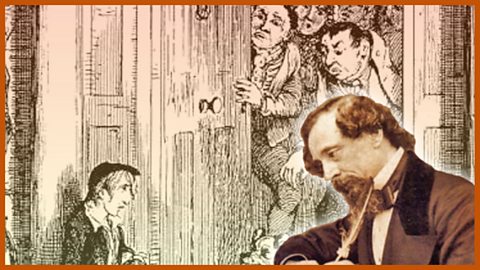
Episode 6. audio
Rose falls ill... Oliver is discovered... and Mr Bumble passes information to Monks.
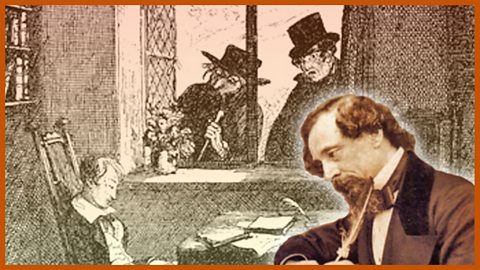
Episode 7. audio
Nancy discovers the full extent of the danger Oliver is in and hurries to tell Rose.
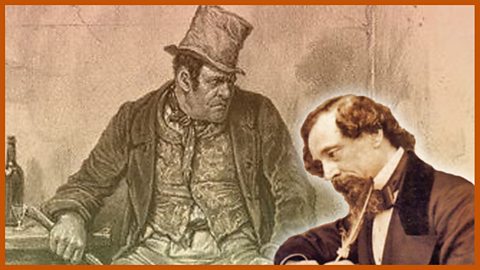
Episode 8. audio
Oliver is reunited with Mr Brownlow but Nancy's actions are leading her into danger.
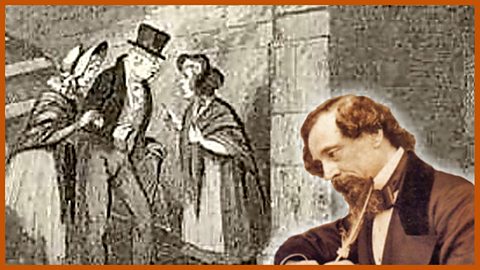
Episode 9. audio
Noah reports to Fagin who passes information to Sikes. Nancy is now in mortal danger.
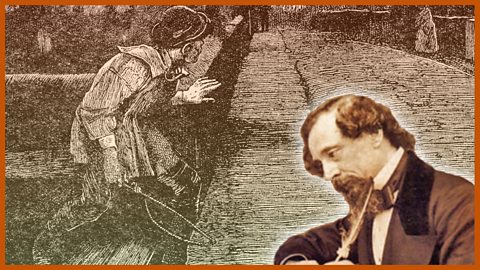
Episode 10. audio
Noah reports to FagSikes dies... Fagin is condemned... and Monks confesses his plan to disinherit Oliver.in who passes information to Sikes.
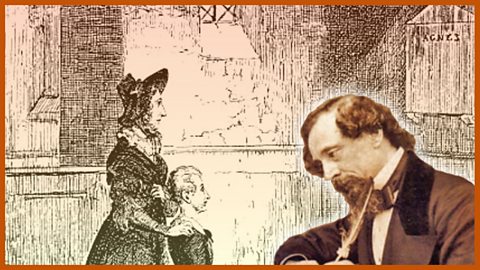
Information on each episode and follow-up activities

Ěý
Charles Dickens
Charles Dickens was born in Hampshire, the son of a clerk. His family moved to Chatham in Kent when he was 4 and he enjoyed a comfortable childhood. However, at the age of 11, his father’s spiralling debts meant that young Charles was sent to work in a London factory. His experience of the poor conditions endured there by the child labourers was to inform his later writings such as Oliver Twist.
On reaching adulthood Dickens worked as a legal clerk, and later as a journalist writing political “sketches” for newspapers and periodicals. From these sketches he progressed to writing short stories, and later novels – these tended to be published in instalments via the periodicals, which allowed him to adjust the plot as he went along, based on the reaction of readers.
Oliver Twist was one of his earliest novels. Dickens went on to be one of the most celebrated and influential writers of the Victorian period, travelling widely giving readings of his work. He was also well-known for his philanthropy, (for example in his support for Great Ormond Street hospital), and for his social commentary about the issues of the day. He lobbied for reforms in education, the treatment of children, and other elements of social policy.
He died at the age of 58 after suffering a stroke, and was buried in Westminster Abbey.
Oliver Twist
Published in instalments between 1837 and 1839, Oliver Twist was Dickens’s second novel. It follows its central character, an orphan, from the workhouse via temptations of a life of crime to eventual salvation. It satirises the social inequalities of the day, raising awareness amongst its readers of issues such as child exploitation and the living standards of the poor.
Expelled from the workhouse for having had the temerity to ask for more gruel, Oliver is placed as an apprentice to an undertaker, but is mistreated and runs away to London. Here he meets the Artful Dodger, who with the offer of food and lodging lures Oliver to the lair of Fagin, head of a band of pickpockets. Captured in the act of trying to rob of a kindly gentleman named Mr Brownlow, the intendedvictim takes pity on Oliver and takes him into his home.
However, fearing that Oliver will divulge information that will lead to the discovery of his gang, Fagin arranges for him to be kidnapped and brought back. Together with criminal associate Bill Sikes, Fagin tries to force Oliver into a life of crime anew. Sikes takes Oliver to commit a burglary, but things go wrong, Oliver is injured, and Sikes abandons him. Oliver is again cared for by his intended victim, Rose Maylie.
Oliver’s true identity is the illegitimate son of a country gentleman. Fagin has learned this information from a mysterious figure called Monks, and seeks to profit from it. Fagin and Monks are overheard by Sikes’s lover Nancy, who now knows that he is still at risk from the gang, and tries to inform Brownlow and Maylie of this. Sikes, discovering Nancy’s plan, murders her, but this crime leads to him being pursued by a mob and accidentally hanging himself.
Oliver is taken in again by Brownlow, and is discovered to be the nephew of Rose Maylie. He is seen to receive the reward of a happy life in the country, having avoided falling into the life of evil led by many of those he had encountered.